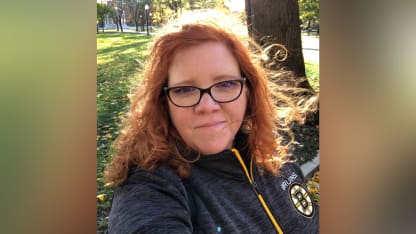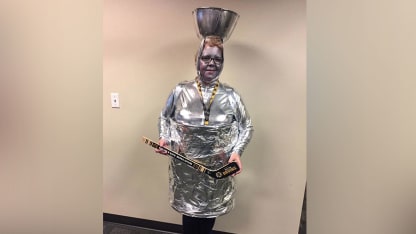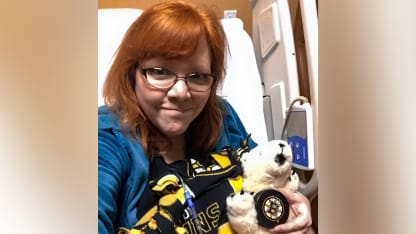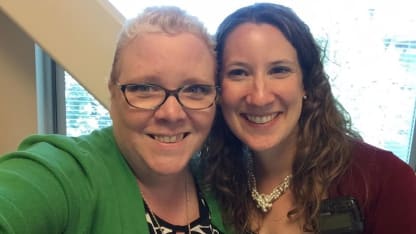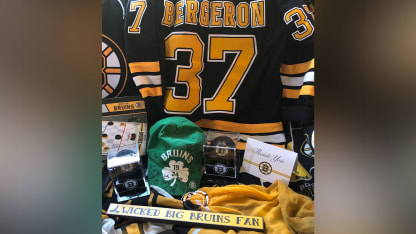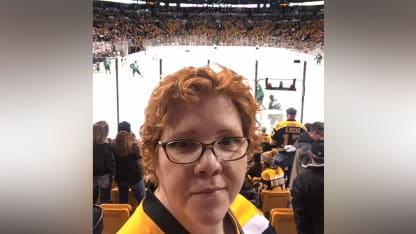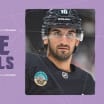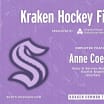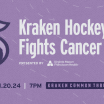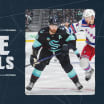"If one person under 50 reads this story and says, 'Oh, maybe I should go get checked out,' that's what I want," she says. "Screening is so important. Drinking all that stuff [the pre-screening liquid 'cleanser'] is the worst. But it's lots better than what I've gone through."
For years, doctors have recommended screenings for everyone starting at age 50, followed by tests at five- to 10-year intervals depending on the test results. But according to Dr. Stacey Cohen, a gastrointestinal cancer specialist at Seattle Cancer Care Alliance since 2011, evidence grows that younger people are at increasing risk.
"We know from our work with national studies than indicate the incidence of colorectal cancer in the age 20-to-49 group is increasing," said Cohen, who also works with the Fred Hutchinson Cancer Research Center and University of Washington Medicine. "This is very concerning, because this is an unscreened portion of the population. When patients have symptoms such as colorectal bleeding, blood in the stool, bloating and abdominal pain, they often are written off as irritable bowel syndrome, hemorrhoid bleeding or a million other things. The care provider has to consider it could be cancer."
Three years before her cancer diagnosis, Self told a doctor about her abdominal pains, and symptoms such as bleeding and alternating between diarrhea and constipation. She was diagnosed with irritable bowel syndrome. But no treatment worked. Pain persisted.
